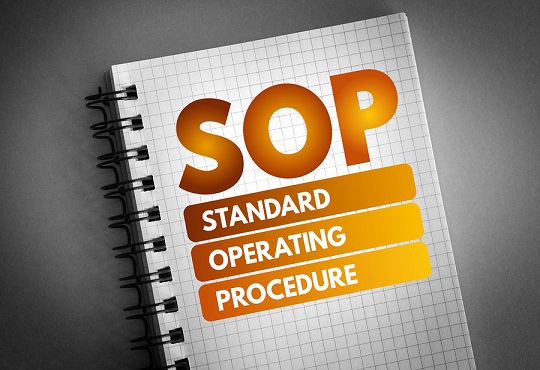Government in plans to offer detailed guidelines on content takedown
CIOReviewIndia Team | Thursday, 22 July 2021, 04:56 IST
 The government is likely to offer detailed guidelines on the procedure to be followed by law enforcement agencies seeking information or content takedowns from social media platforms like Facebook or Twitter, top officials said. This will be part of the clarifications to the intermediary guidelines that are being worked out by the ministry of electronics and IT, they added.
The government is likely to offer detailed guidelines on the procedure to be followed by law enforcement agencies seeking information or content takedowns from social media platforms like Facebook or Twitter, top officials said. This will be part of the clarifications to the intermediary guidelines that are being worked out by the ministry of electronics and IT, they added.
This will also address a key industry demand for clarity about the official agencies that are authorised to send such requests and the procedure required to be followed, sources told.
Social media platforms have been vocal in their concern over stringent takedown timelines as well as what they term as the opacity in the revised IT rules, which came into effect on May 26. Non-compliance can invite criminal penalties against key company executives.
Clarifications being discussed
A senior government official said that clarifications on the new rules are currently being discussed and are “aimed at law enforcement agencies that give orders for information and notice for takedowns.”
“The standard operating procedures (SoP) being discussed will provide details on the procedure to issue notices, who can issue (notices) and how (it) will be implemented, (the SoP) will explain the procedure to be followed for getting information or cooperation from the intermediary,” the person said.
Opaque rules
Technology executives have decried the lack of a formal procedure in place for law agencies to send takedown requests. They are seeking clarity on issues ranging from whether a small police station in a far-flung area is authorised to send such notices to what will amount as non-compliance by the social media intermediary, specifically as it can lead to jail terms for the compliance officers of these companies.
In a representation to the government in April, the Internet and Mobile Association of India (IAMAI) said, “we recommend that state governments should not be able to compel content takedowns, and similar compliance obligations under the IT Act. This power should rest solely with the central government as contemplated in the IT Act.”
IAMAI - whose members include large technology corporations and social intermediary platforms - had also requested a detailed SoP to be published and to be adopted by law enforcement agencies. It had sought the definition of operational processes, the various points of contact as well as the expectation from the social media intermediaries in terms of responses. “Until such time a SoP is in place, any operational changes by the intermediaries may not be possible,” the industry lobby had noted. Particularly in light of a sizable uptick in takedown requests that would require more time, resources and manpower.
Single touch-point
Social media and tech industry has requested the government to institute a central portal or establish a common email address through which official requests for content takedowns or further information can be sent, a top executive said. “It is now up to the Ministry of Home Affairs and MeitY to take a call,” the person added.
Since the government has expanded the number of agencies who can issue such notices in the recent past, “with new rules (coming in) they may need new SoPs,” said the person cited above.
Previously, only the central government could order content takedown under Section 66A of the IT Act, but now multiple designated agencies across central and state governments can order such action, executives said.
“It requires capacity enhancement on our side, but there are certain safeguards that don’t exist,” they added.
Experts are of the view that clarifications are a welcome development as it will help define the parameters for requests from enforcement agencies and avoid any misinterpretations.
“The imposition of criminal liabilities on companies with personal liabilities on the officials would have a detrimental impact on the ease of doing business and discourage potential investments,” said Ratan Shrivastava, MD, BowerGroupAsia, a public policy strategy consulting firm.
Further issues
Industry executives have also flagged several other points of contention over the new IT rules with the mandate for traceability being the biggest of them.
Responding to the industry demand for clarifications, officials said that the government is having “internal discussions” on the SoPs and “many things are being discussed."
“But (we) can’t go beyond the rules, they are just to clarify the intent of the rules, not change anything materially in the rules,” they added.
“SoPs are not legal documents, they will just help agencies to implement the rules.”
Pointing out that revised regulations have been notified after extensive consultation with the industry, officials said the government has taken all the concerns into account.
“The rules serve a sovereign purpose, they may inconvenience some people but the platforms will have to take some steps to meet the new requirements,” they added.


.jpg)

